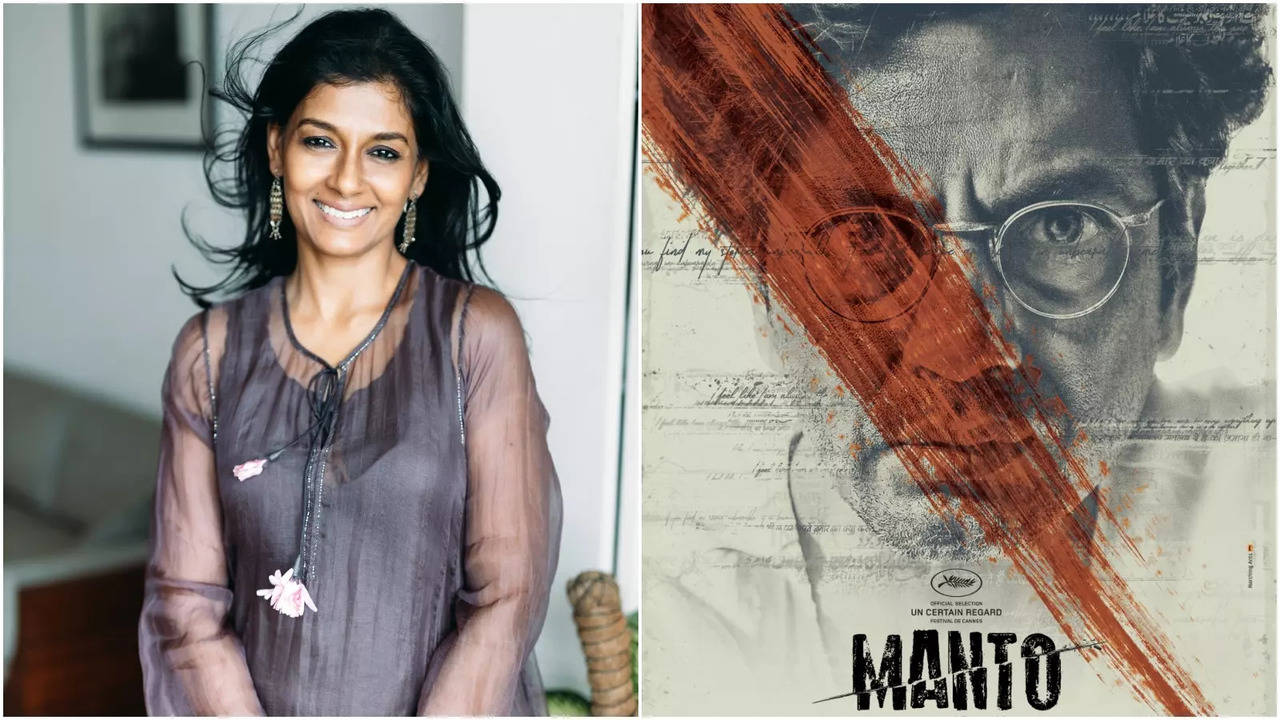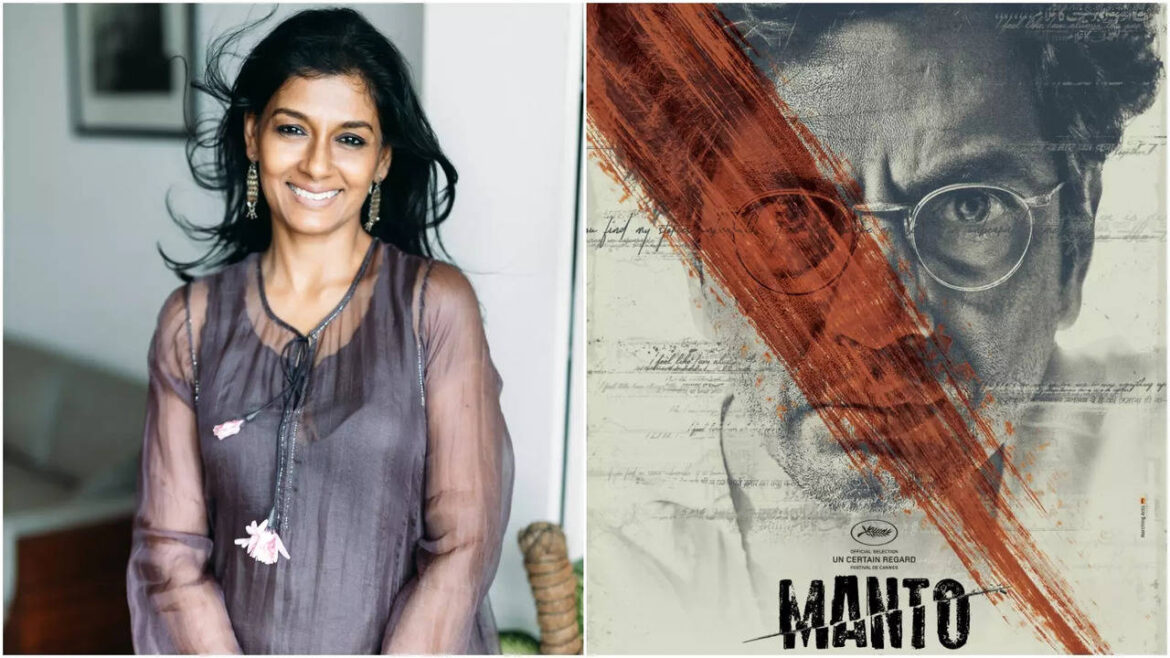Table of Contents

Manto, the biopic of prominent Urdu author Saadat Hasan Manto, celebrated its 6th anniversary today. Written and directed by Nandita Das, the film starred Nawazuddin Siddiqui, Tahir Raj Bhasin, Rasika Dugal and several others.
On Manto’s 6th anniversary, Nandita Das celebrated with a special interview with Zoom. The writer-director recalled the journey of making the film.
Excerpts from the interview:
Nandita, your Saadat Hasan Manto biopic is six years old?
Yes! Today it is six years since Manto was released. A film that will always remain close to my heart, for reasons beyond cinema and work. If you haven’t watched it, then please do. It might ignite the Mantoiyat in you!
ALSO READ: Before The Rains Clocks 17 Years: Nandita Das Calls Santosh Sivan's Directorial 'Memorable' | EXCLUSIVE
What does that mean?
By that I mean, the courage to follow through one’s convictions, feel deep compassion for those who suffer and speak truth to power, come what may! I am grateful to all the actors and crew members who trusted me on that long, six-year journey, six years of making it and six years since it released!
How did you undertake and implement this impossible task of telling this amazing artiste’s story?
Manto once said, ‘I don’t write stories, they write me’. When I was filming his story, I felt the same. I felt he was smiling when I did well and was encouraging me when I faltered. When I think of all the challenges Manto faced, mine seem too small.
What was your main takeaway from the experience?
Manto taught me that doing what we do is not an option, it is what we must. It is like when Manto said, “If you are a human being, you have to be progressive”. It is just not an option. Those who know my engagement with women’s issues often ask me why I made a film on a man, and not a woman.
Why?
I wanted to celebrate those men, the few and far between, who have championed the cause of women, and looked at us women not with contempt, pity or judgement, but as an equal. I know Manto hated labels, just as I do. He was a true humanist, and therefore a feminist. Manto’s being a man was one of the many identities he had. Just as my being a woman is.

